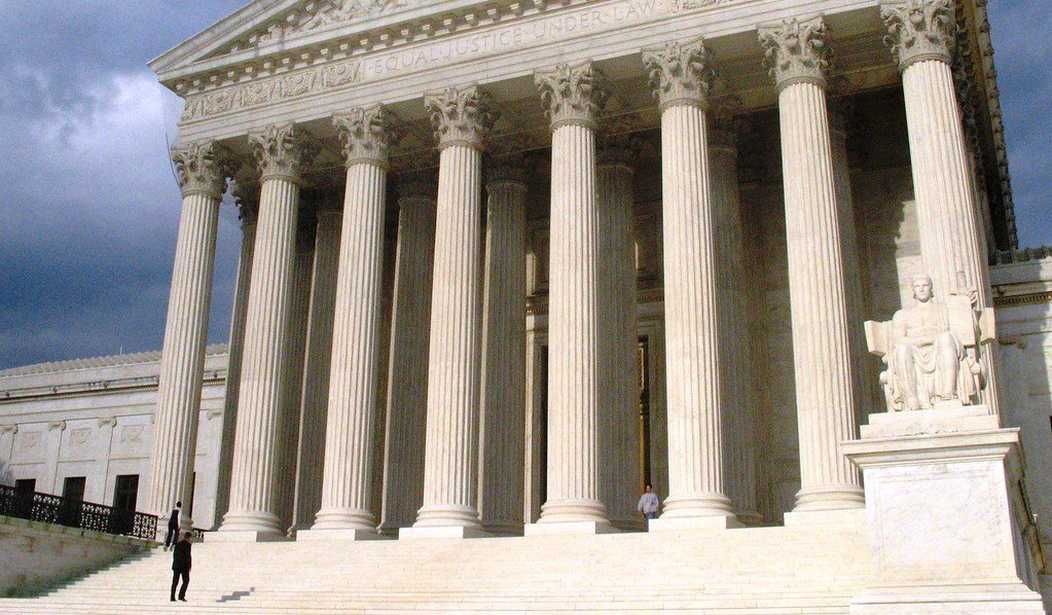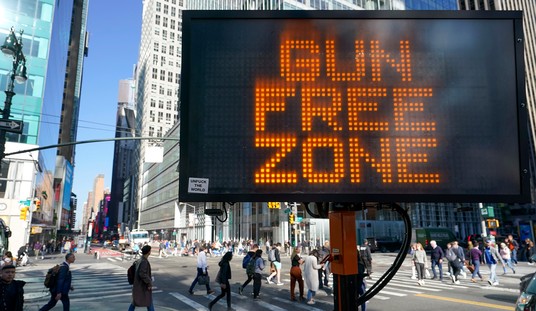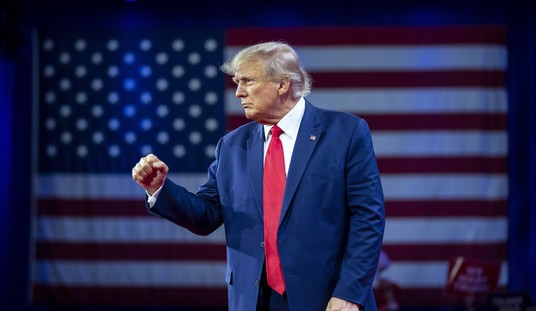The Supreme Court has granted cert to a second case dealing with Second Amendment issues this term; this one dealing with the federal prohibition on gun ownership for "unlawful" users of drugs.
The justices have been considering five cases involving Section 922(g)(3) in conference, but only granted cert in Hemani v. United States, which was the case the Department of Justice and Solicitor General D. John Sauer had been pressing the Court to take as a vehicle to decide the constitutionality of the federal statute.
Unlike other cases like Daniels v. United States, which revolve around someone's conviction for possessing firearms as an unlawful user of marijuana, Hemani involves someone who was alleged to have used and sold promethazine, as well as using both cocaine and cannabis. Ali Hemani is also a dual citizen of the United States and Pakistan whose actions "have drawn the attention of the Federal Bureau of Investigation," according to Sauer's cert petition.
In 2019, a search of his phone at a border crossing revealed communications suggesting that he was poised to commit fraud at the direction of suspected affiliates of the Iranian Revolutionary Guard Corps, a designated foreign terrorist organization. In 2020, respondent and his parents traveled to Iran to participate in a celebration of the life of Qasem Soleimani, an Iranian general and terrorist who had been killed by an American drone strike the month before. Respondent’s mother was captured on video telling an Iranian news agency that she prayed that her two sons, including respondent, would become martyrs like Soleimani. Respondent also maintains weekly contact with his brother, who attends an Iranian university that the U.S. government has designated as having ties to terrorism. And respondent has told law-enforcement officials that, if he knew about an imminent terrorist attack by “a Shia brother” that would kill innocent people, he would not report it to the authorities.
Of the five cases dealing with Section 922(g)(3), Hemani is by far the least sympathetic individual convicted of violating the statute, which helps to explain why the DOJ was eager for SCOTUS to use his case as the testing ground for the constitutionality of the law.
A bit of a frustrating grant, because the facts are terrible. Still, SCOTUS taking TWO 2A cases in a term is a big deal. (Lets hope this doesnt mean Duncan and other hardware cases are getting denied)
— Kostas Moros (@MorosKostas) October 20, 2025
We are doing an amicus brief soon in a similar marijuana-related petition with… https://t.co/hVG4yF1PZC
Still, the Court will likely consider the multiple splits in appellate courts over the statute, which includes a finding by the Fifth Circuit that laws prohibiting users of intoxicating substances do not comport with the national tradition of firearms ownership, and a Third Circuit opinion that suggests an individualized finding of dangerousness is necessary before depriving an "unlawful" drug user of their Second Amendment rights.
The DOJ's position is that Section 922(g)(3) only disqualifies "habitual users of illegal drugs from possessing firearms," though the statute doesn't use the term "habitual" at all." The DOJ also asserts that "the statute imposes a limited, inherently temporary restriction—one which the individual can remove at any time simply by ceasing his unlawful drug use."
This restriction provides a modest, modern analogue of much harsher founding-era restrictions on habitual drunkards, and so it stands solidly within our Nation’s history and tradition of regulation. And habitual illegal drug users with firearms present unique dangers to society—especially because they pose a grave risk of armed, hostile encounters with police officers while impaired.
It's entirely possible that a court would find Hemani to be dangerous enough to prohibit his possession of firearms, but there are hundreds of thousands, if not millions of users of cannabis in states where the drug has been legalized for medical and/or recreational use who pose no such danger to the public. In fact, there's a case still making its way to the Supreme Court involving a former District Attorney in Pennsylvania who possesses a medical marijuana card but can't own a firearm because the cannabis he uses is still illegal under federal law.
Going to be interesting to see how anti-gun groups respond to this, since they've been avoiding giving an opinion on this issue (likely due to the overlap between supporters of gun control and marijuana legalization) https://t.co/8gWVCx35O3
— Rob Romano (@2Aupdates) October 20, 2025
I'm doubtful that SCOTUS is going to declare Section 922(g)(3) unconstitutional in all possible applications, but I'm much more hopeful that there's a majority of the Court that's at least willing to recognize the difference between someone using medical marijuana and an unlawful user of harder drugs like heroin or methamphetamine. Even if the Court decides Section 922(g)(3) is valid as it applies to Mr. Hemani, there are still plenty of Americans who I believe shouldn't lose access to their right to keep and bear arms because they use a drug that's been legalized in most states but remains illegal under federal law.
Editor’s Note: The Schumer Shutdown is here. Rather than put the American people first, Chuck Schumer and the radical Democrats forced a government shutdown for healthcare for illegals. They own this.
Help us continue to report the truth about the Schumer Shutdown. Use promo code POTUS47 to get 74% off your VIP membership.










Join the conversation as a VIP Member